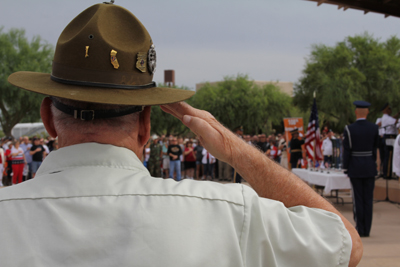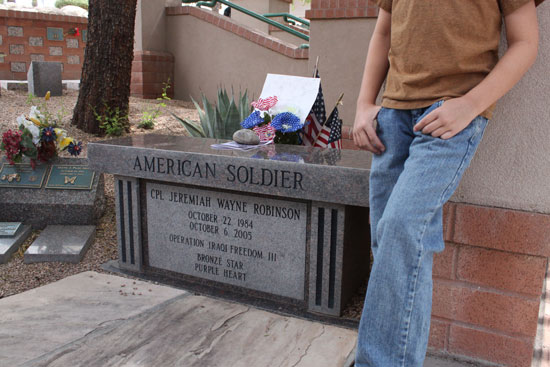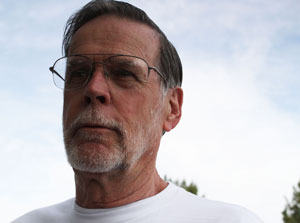Written by Daniel Moore, News21 // Video by Jessica Wilde, News21
The backlog of compensation and pension claims is down 4.7 percent in the last month and more than 10 percent lower than in February, the U.S. Department of Veterans Affairs announced Monday.
The agency has, in recent months, steadily reduced the claims backlog, which VA defines as those pending for more than 125 days, according to the weekly workload report. VA processed more than 4,000 claims last week alone, although the backlog stands at 565,327.
Concerned Veterans of America, a Virginia-based nonprofit, has in recent weeks campaigned for President Obama to address the backlog. The Million Vet Backlog petition, which on Friday surpassed 20,000 signatures, also calls for VA Secretary Eric Shinseki to resign, citing a 2,000 percent increase in backlogged claims since he took office.
In Tucson, at the Airman Family and Wellness Center on Davis Monthan Air Force Base, however, dozens of soon-to-be veterans crammed into a windowless room to complete the final day of Transition Assistance Program.
Airman files disability claim before retirement from News21 on Vimeo.
During a two-hour morning session, “Briefing on VA Benefits,” George Henderson, a military service coordinator, touted the Benefits Delivery at Discharge program, which allows service members to file disability claims within 180 days of the discharge date.
“Do this before you actually separate, because you could be a part of the backlog wherever you go,” Henderson told the class. “I’m telling you, there are 18,000 claims up in Phoenix right now. You wait until you get out and you stay in Arizona, you’d be 18,001.”






